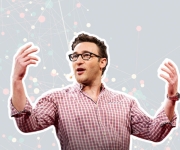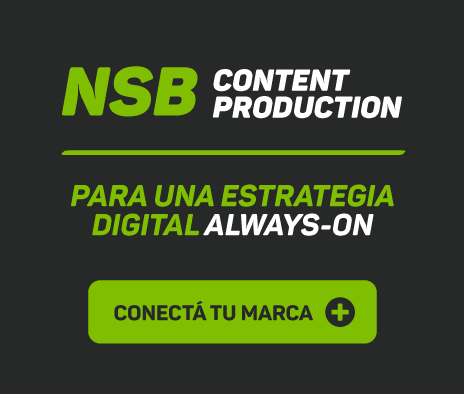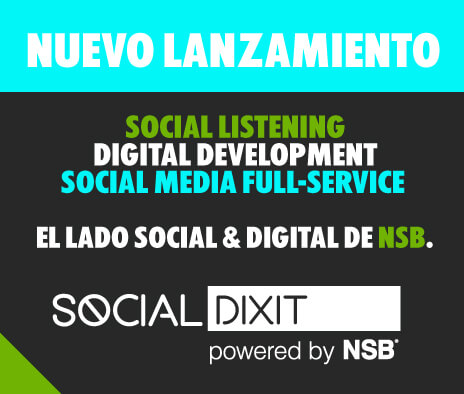The IDM’s Jane Cave says businesses need to stop thinking of training as a ‘zero-sum game’ and marketers need to have an insatiable appetite for new knowledge and skills if they are to survive the digital transformation taking place. Most of the marketing tasks that once took highly-skilled teams weeks to accomplish can now be actioned in minutes by an individual with a smartphone. Even the most complex programmatic campaigns are triggered, delivered and dynamically optimised in milliseconds. But speed isn’t everything.
According to the latest IDM research on skills and personal development, the drive for increased productivity and efficiency is constrained by the fact that 49% of marketers have not received training in the key skills they believe are essential to progress their careers.
Those skills include: mobile marketing, optimising campaigns, marketing automation and integration, search marketing, analysing customer data/insight, data analysis and reporting, appraising employee performance, presentation/public speaking, marketing finance, client/stakeholder management, briefing agencies and evaluating performance.
Unfortunately, many businesses see professional training as a zero-sum game where some skills must lose out to others, despite the disruptive implications of digital transformation, marketing automation, blockchain and QIS (quantum information science).
Apple CEO Tim Cook is already predicting the end of the smartphone, which has driven digital marketing’s growth. “Things are going to get really weird for everybody,” he says, “not just in terms of individual products but in terms of how we actually live our everyday lives and maybe our humanity itself.”
So how does a marketer prepare for a work environment in which the shrinking shelf life of skills will become even more of a challenge?
The first thing to grasp is that business leader Marshall Goldman is right. His book, What Got You Here Won’t Get You There, is a wakeup call for us all. Every marketer needs to embrace being permanently out of their comfort zone combined with an insatiable appetite for new knowledge and skills.
On digital transformation he says it will shift the narrative from competitive pricing to delivering better customer experiences.
With regard to blockchain, Goldman suggests it has the potential to make agencies, publishers and platforms a thing of the past.
As to Oracle’s claim that 98% of businesses expect to have installed marketing automation systems across sales, marketing and customer service by 2020, he says it indicates that brands are preparing for direct access to prospects and customers.
How do you plan a campaign for a world where trillions of internet-of-things devices with quantum-enabled microchips are meshed into everything prospects and customers see, buy and use? A world where dynamically optimised customer experiences are delivered direct to consumer contact lenses capable of turning any visible surface to advertising media?
Goldman says to build systems in which customers are as integrated into the business as your workforce will not be a matter of running a faster business, but running a business that is profoundly different.
The business of marketing today has unimaginably changed from that of 40 years ago. So too has the role of the IDM, a professional training organisation that has spent the past 30 years constantly evolving to meet the needs of over 100,000 digital, direct and data-driven professionals in over 30 countries.
As cutting-edge marketing technology companies invent new ways for artificial intelligence, machine learning and deep neural networks to continue reshaping the cybernetic landscape, the biggest transformation in marketing will be a human one. Companies involved in digital transformation have discovered the problem is more often analogue (human) than it is digital. It is often the experts who feel most threatened by fundamental change in work practices.
The challenge of the next 40 years will be as defined by ethics as much as technology. As the managing director of a social enterprise, I am acutely aware of the potential business impact of ethical commerce and corporate philanthropy.
Training the perpetually evolving workforce of the future will require a continuous reimagining of how professional marketers develop the knowledge and skills they need to build successful careers – even in the age of quantum marketing.


 Versión PDF
Versión PDF







